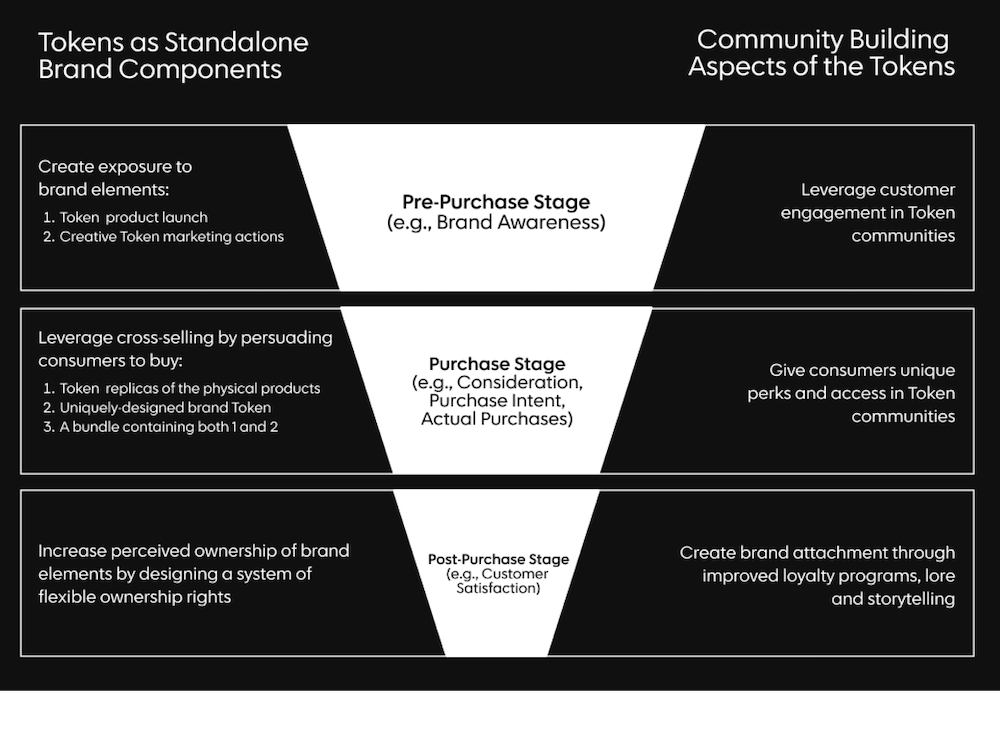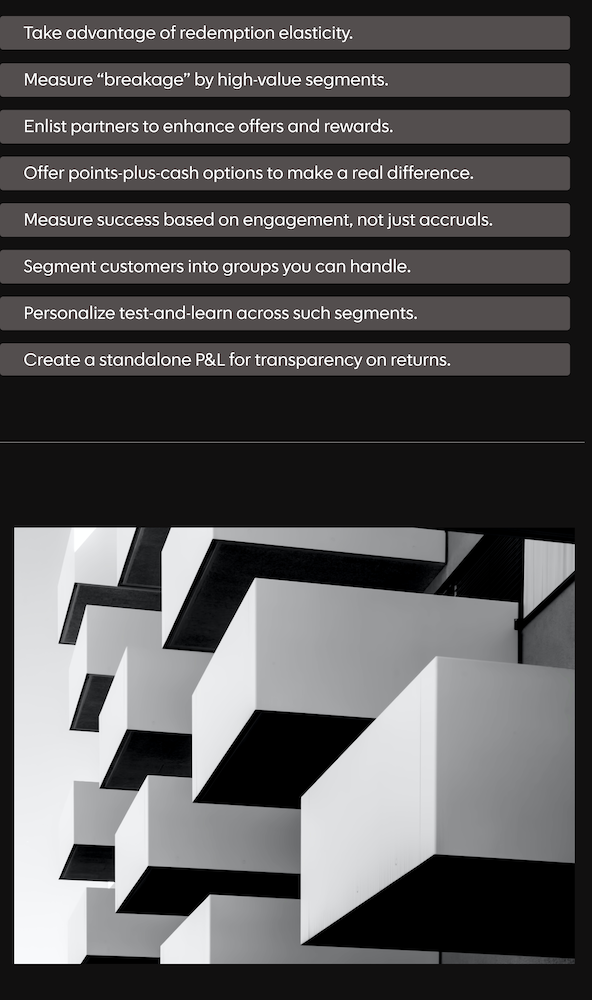Blockchain-based loyalty programs: what’s in it for marketers
How blockchain capability is changing the industry/markerters jobs
Many internationally recognized brands are jumping headlong into blockchain-based loyalty programs, and understandably so. AdAge publishes a running list of brands and use cases for this technology, including Spotify’s gated playlists, Tribeca Festival’s special access passes, and Nike’s Dot Swoosh platform.
The reason for this adoption is clear: Brands are capitalizing on a huge opportunity. According to analyst firm CB Insights, global blockchain funding surpassed $26.8 billion in 2022. That’s because, according to one marketing researcher, “brands then design tailor-made marketing strategies appropriate for each marketing funnel stage.”

This is crucial because attribution has always been a great challenge for marketers and customer experience leaders. Blockchain can make this part much easier. Because each transaction is recorded in real time on the distributed ledger that can refer back to the stages of the purchase funnel, marketing teams can correlate with precision what offers led to what transactions.
Further, marketing teams get customer attribution at the individual level rather than looking at aggregate customer data. Companies can also track how individual customers interact with a brand across different channels like websites, retail stores, mobile apps, and so on, even when customers are anonymous at some touch points. By tying together data about a customer’s interactions with each of these channels, companies can get a fuller picture of that customer’s behavior and personalize their experiences even more, further increasing engagement.
McKinsey analysts discuss eight levers business leaders can pull to improve their customer loyalty:

To simplify, blockchain technology accomplishes each of these and more.